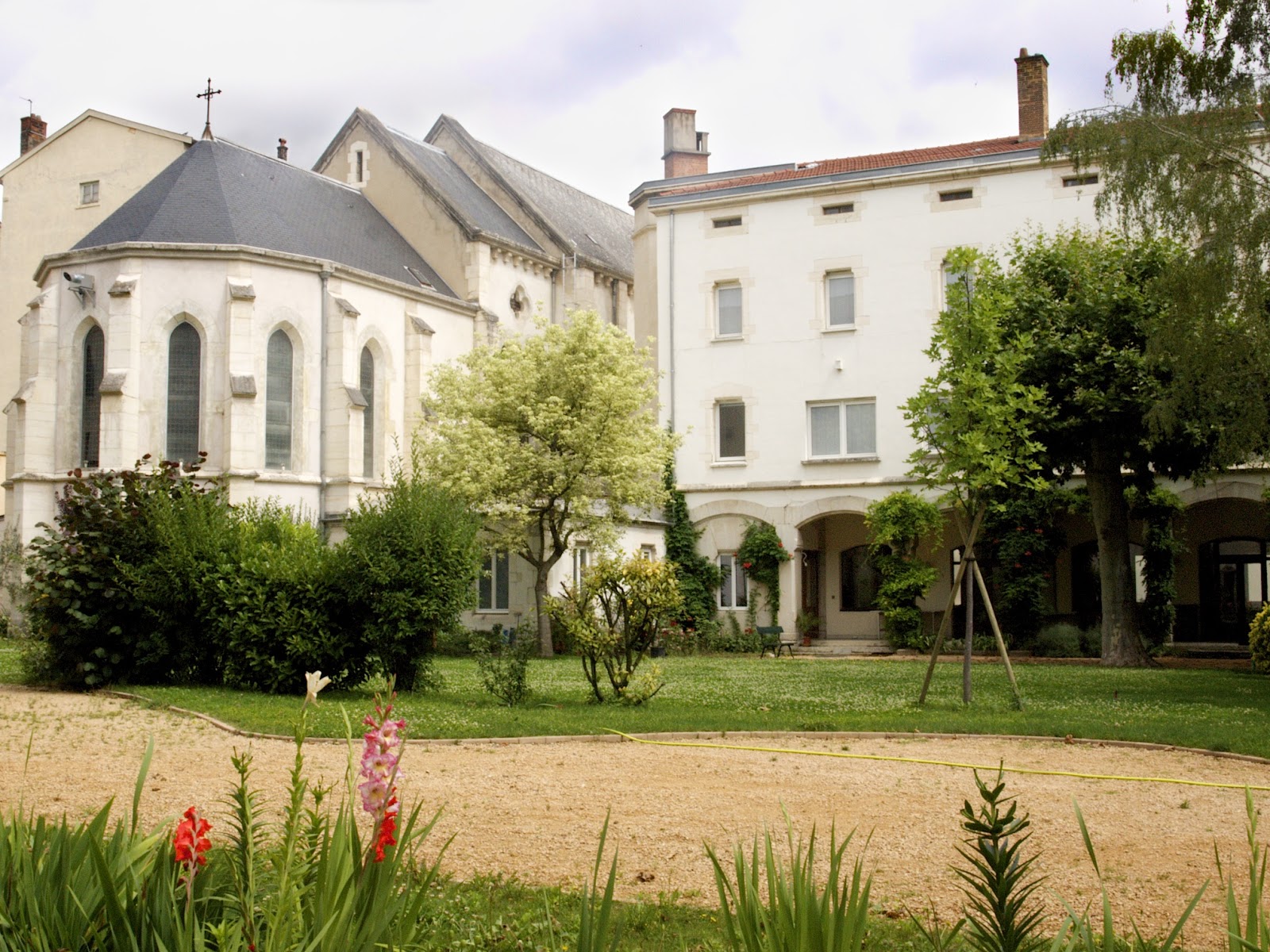Ez 18:25-28
Ps 25
Phil 2:1-11
Mt 21:28-32
In August 2011 I was in Saigon, Vietnam. The high point of ten days there was a visit
to the Jesuit novitiate where I spent over an hour with the 29 novices. After about twenty minutes speaking to them about
the nature of tertianship, the long retreat, and a few other topics relevant to
Jesuit novices, I threw things open to questions. The first question was a
challenge: “Father, of the three vows: poverty, chastity, and obedience, which
is the most difficult?” I looked at my
questioner, sighed and said, “Some days, all three of them” and went on to
dissect each vow before stating that, of the three vows, obedience is the most
difficult, a feeling shared by many religious of other orders. Obedience was the most important of the three vows for St.
Ignatius of Loyola, the founder of the Society of Jesus. It was the vow on which he expended the most
energy in the section of the constitutions dealing with the vows. Obedience is a prominent theme in today’s
readings
The second half of the first reading is familiar from the
Liturgy of the Hours. “Though he was in
the form of God, Jesus did not regard equality with God something to be grasped
at . . . .He humbled himself, becoming obedient to the point of death, even
death on a cross.” Jesus’ obedience to
the Father’s will was perfect obedience. It was an obedience that we humans are, for
the most part, incapable of attaining, though that is not an excuse for not
trying. Obedience is the point of today's Gospel reading.
These verses appear late in Matthew’s Gospel just after
Jesus’ triumphant entry into Jerusalem.
In the days between that entry, paved with palm branches and hosannas, and
the arduous journey carrying the cross, Jesus engaged in a number of debates
and discussions with the chief priests and elders. These debates helped to seal
His death warrant. He was cutting too
close to the bone for the authorities to bear.
There is a reason for the saying, “the truth hurts.” Sometimes it
hurts the one who tells it. Through the
use of parables Jesus pointed out the contradictions between what the priests
and elders preached and how they lived. He
demonstrated how they heard John’s call to repentance but failed to heed it. He pointed out their fundamental disobedience
to God’s will.
The second son, the one who said he would go to work in the
vineyard but did not go, represents those who proclaimed the law but failed to
follow through on its principles and demands. They are the hypocrites. They are
the actors who play a role they do not believe in. Many of them are now
officials in all levels of government from small municipalities to the highest
national levels, the very highest.
The first son, who initially refused to work in the vineyard
but then obeyed the father’s request, represents the social and religious
outcasts of the time, the sinners, who, despite not following the law in the
beginning, heard John's call to repentance and eventually heeded it. They are like those of us who, after many
attempts, finally quit smoking, or get sober, or stop gossiping about our
neighbors, or resist taking Christ’s name in vain, or . . . fill in the
blank. It took them time. But, they eventually heard the message of
obedience to the will of God. They heard message to repent for their sins and
acted on it.
How often have we acted like the second brother? How often have we promised to do something and
then reneged on that promise? How often
have we made a commitment and then not honored it? How often have we said we will avoid sin, and
then happily went about committing the same ones? How often have we acted like the first
brother who refused the request but who, perhaps as the result of a guilty
conscience, quietly went and did what we were originally asked to do?
The most likely answer to both questions is often. We can all accuse ourselves of mouthing principles
that we fail to practice, the “do as I say not as I do” syndrome. However, we can all take comfort in the fact
that sometimes, after an initial misstep or series of missteps, we get it
right and follow God’s will for us.
We heard in the responsorial psalms,
“Good and upright is the Lord;
thus he shows sinners the way.”
We need only heed the message, and follow the way.
We also heard,
“The sins of my youth and my frailties,
remember not;
in your kindness remember me,
because of your goodness.”
Even when we have acted like the second son in the parable,
when we have been hypocritical or disobedient, it is not too late. We heard the promise in the first reading that, if anyone
turns from wickedness and does what is right and just, his life shall be
preserved, he shall live and not die.
Truly the Lord is good and upright.
_______________________________________________________________
The first photo is of the 29 Vietnamese novices. Their questions were also to the point and a real challenge.
Detail of a baptismal chapel gate in a 12th century church in Lyon
The gladiola has never been a particular favorite, probably because it seems invariable in funeral bouquets. I had a standing order with the florist in Plymouth when I ordered flowers, "No Gladiolas." But, they are rather attractive in their natural setting. These were in the cloister garth of the community in Lyon, a community in an old Visitation monastery.







No comments:
Post a Comment